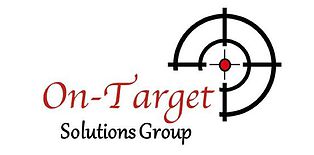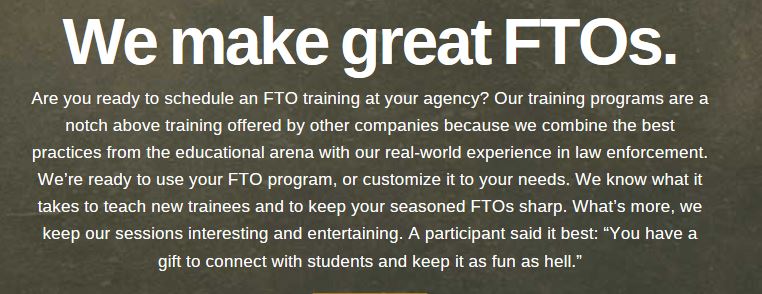On-Target Solutions to Problem Employees
Presented by: Greg Anderson, On-Target Solutions Group
April 4, 2024
To view the course flyer and to register, click here.:
South Metro Problem Employees April, 4, 2024
COURSE OVERALL LEARNING GOAL:
Problem employees can cause problems and wreak havoc within their organizations. Left unaddressed, problem employees are often allowed to infect the organization without providing value.
This upbeat and interactive course provides real world, successful examples on how to deal with different types of problem employees. Every government agency struggles with employees that are insubordinate, lazy, abuse sick time, display negative attitudes, and commit misconduct. Many executives and supervisors are ill equipped to deal with these problems other than with traditional discipline. On-Target Solutions to Problem Employees provides the government professional with the knowledge and tools necessary to deal with all types of problem employees.
This course will influence participants’ opinions and attitudes and provide specific and proven ways how to handle problem employees!
SPECIFIC PERFORMANCE OBJECTIVES:
• Defining the problem employee
• The organizational or supervisory role and the cause
of the problem employee
• Morale in this department horrible!
• Understanding if the employee is a problem or troubled
• Preventing employees from becoming problems
• The role of positive discipline in shaping employees
• The impact of negative discipline
• The concept of dynamic counseling session
• The power of expectation
• Handling morale killers in your organization
Who should attend: This one day course is a designed for all professionals from chief executive officer to first-line supervisors that manage employees.



